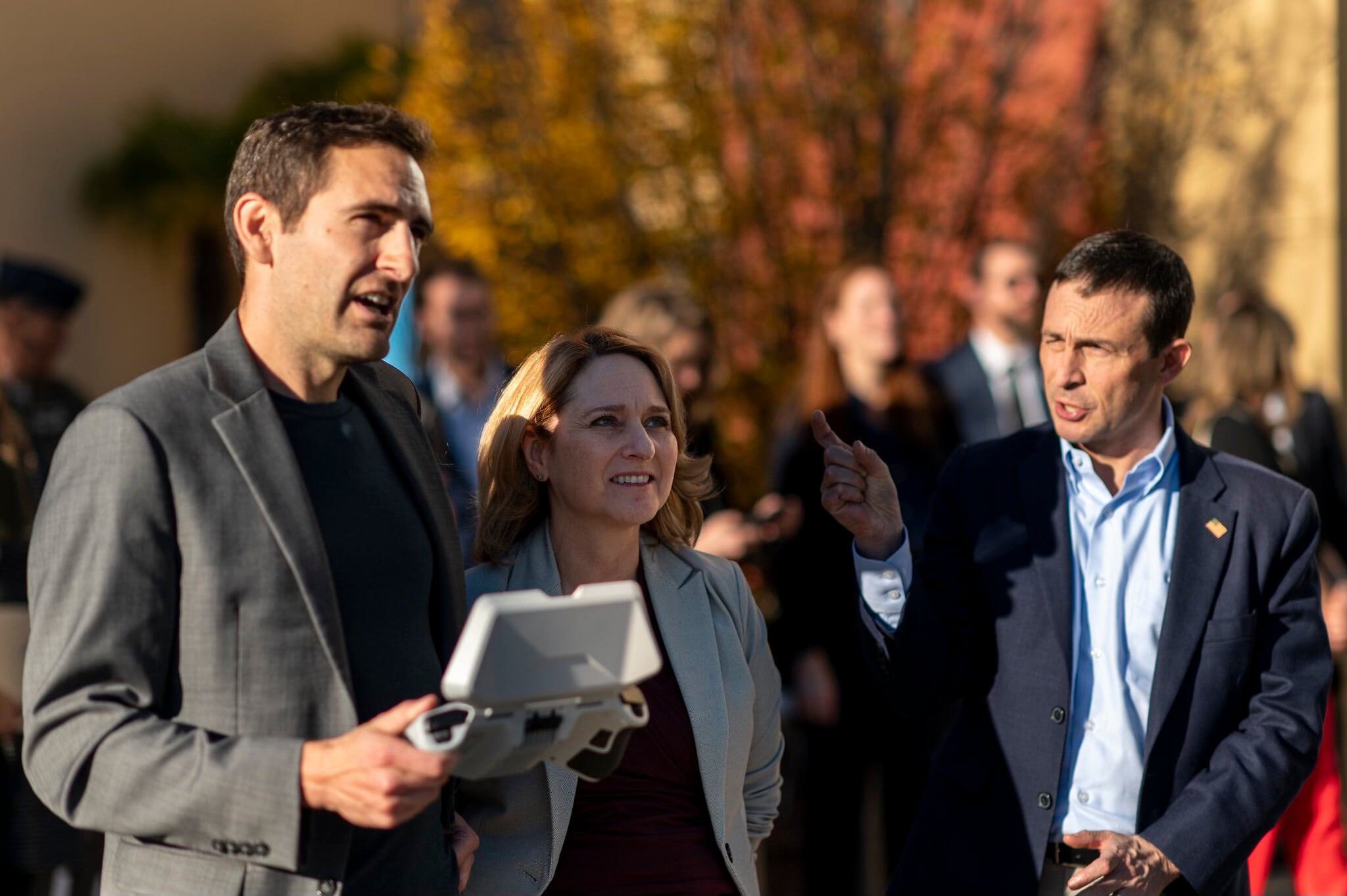Army leaders repeatedly say they know they need to buy hardware and software differently. But much of the execution falls to Bruce Jette, the U.S. Army’s assistant secretary for acquisition, technology and logistics.
C4ISRNET’s Mark Pomerleau talked with Jette in January 2019 at a breakfast held by the Defense Writer’s Group.
C4ISRNET: How is the Army approaching the acquisition of software and IT given it is not the same as tanks, planes or helicopters?
BRUCE JETTE: I don’t think that we’ve gotten as far as I want us to go … I got into [a] vehicle the other day and [the soldiers] were really proud. Essentially ... they had an iPad and it was 12 pounds. They said, “Boy, we’ve got to make sure this sucker is rugged.” I mean, it’s a 12-pound iPad. It’s stupid … but boy it met all the mil specs. The mil specs were written in World War II.
We do have some issues like that we’re working on.
C4ISRNET: What are some other areas?
JETTE: There are several new wireless technologies. There are extremely secure systems that are [low probability of intercept/low probability of detection.]
We are looking at even emerging technologies … and moving to the cloud. That’s a fancy word for moving servers somewhere else, that’s really what a cloud is. The question then becomes, “Is it economical to rent those servers from someone else and … can we secure them properly?” Those are the biggest things.
Once you move something someplace else, now you must be able to get to that item, tell it to do something and bring back your answer without being easily intercepted …
We are trying to sort through both those questions.
C4ISRNET: How about software?
JETTE: If we can leverage commercially available software, that includes relatively unique commercially available software, some of our cyber tools, [some of that] is available to banks.
There are commercially available systems that are very useful. We leverage those to the maximum extent we can.
We are working on making sure that if we do develop our soft-ware ourselves that, first of all, we talk about IP [intellectual property] policy … We have in the past not paid attention to the ability to retain control of our own destiny.
Our software development, for example, [the Integrated Air and Missile Defense Battle Command System, we have] defense contractors writing it for us. It’s written in a standard code; it’s not some weird thing that we can never find another coder to touch again and it’s been structured in such a way that we can easily plug and play much like Windows … If I want to add a new radar, what’s the DLL [dynamic link library] … Boom [incorporate it].
We’ve paid specific attention to get our structured software in a way that we retain ownership of the IP and delivery of the IP, which we had not done in the past. Then, we paid for the IP but don’t ask for its delivery. It’s like buying a car and letting somebody else drive it.
Mark Pomerleau is a reporter for C4ISRNET, covering information warfare and cyberspace.






